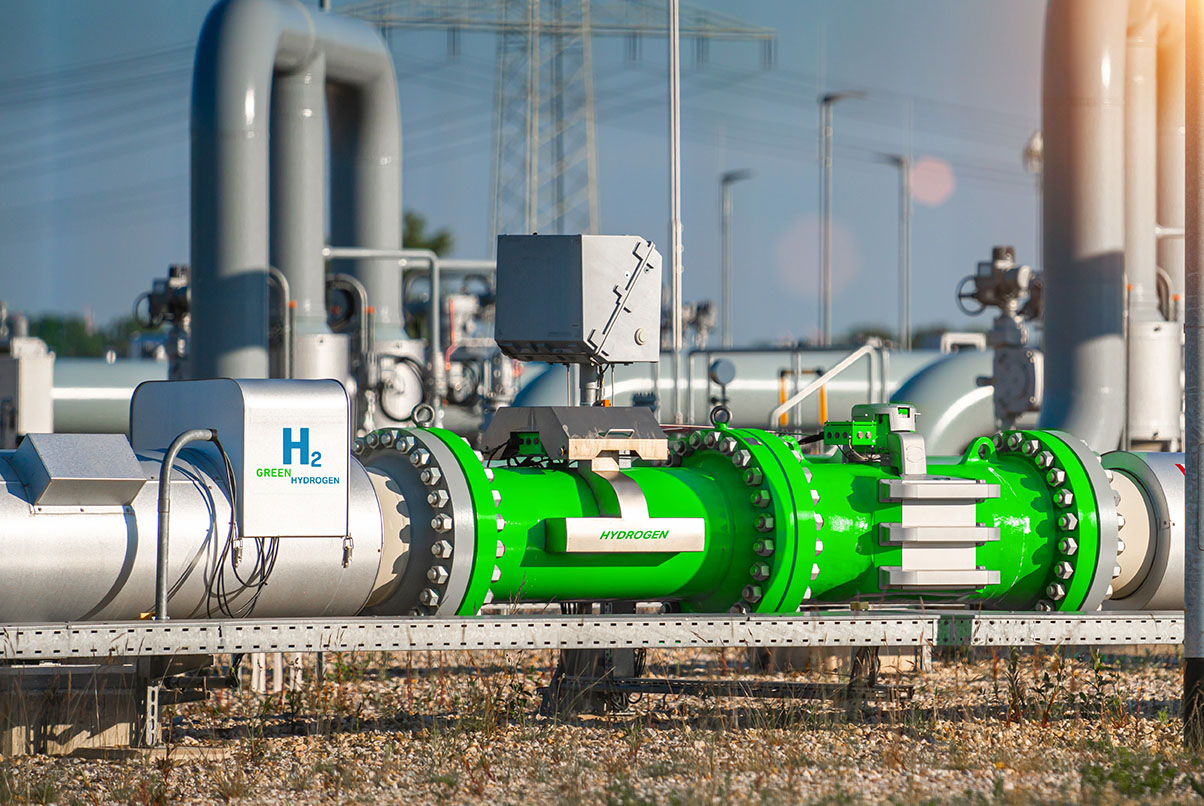

Hydrogen is the lightest element in the universe. It has the chemical symbol H and an atomic number of 1. It is a gas that is colourless, odourless, and tasteless.
Hydrogen is the most abundant element in the universe, making up about 75% of all matter. It is also the most abundant element in the Sun and other stars.
Hydrogen is a very reactive element. It can combine with many other elements to form compounds. For example, hydrogen combines with oxygen to form water.
Hydrogen is used in many different ways, including:
Hydrogen is also a potential fuel for cars and other vehicles. Hydrogen fuel cells combine hydrogen and oxygen to produce electricity, which can power vehicles. Hydrogen fuel cells are more efficient than gasoline engines and they produce no emissions.
Hydrogen is a promising energy source, but it is also a very flammable gas. It is important to handle hydrogen safely.
Lavoisier was one of the first scientists to realize that hydrogen was a distinct element, and he named it after its ability to form water.

Noun: Hydrogen is the lightest and most abundant element in the universe. It is a colourless, odourless, and flammable gas.
Verb: To hydrogenate something is to add hydrogen to it. This can be done for a variety of purposes, such as making fats and oils more solid or making plastics more durable.
Adjective: Hydrogenous means containing hydrogen. For example, water is a hydrogenous compound because it is made up of hydrogen and oxygen.
The word "hydrogen" comes from the Greek words "hydro" (water) and "genes" (forming), meaning "water-forming". This is because hydrogen gas is the main component of water, and it is produced when hydrogen and oxygen react together.
What is hydrogen?
Question:
Explain the properties and significance of hydrogen as an element, discussing its role in energy production, its uses in various industries, and its potential as a clean and renewable fuel source.
Answer:
Hydrogen is an element with unique properties that hold significant scientific and practical importance. It is the lightest and most abundant element in the universe, composing about 75% of its elemental mass. In terms of energy, hydrogen is valuable for its potential as a clean fuel source.
Hydrogen's combustion produces only water vapour as a byproduct, making it an environmentally friendly energy option. It can be used in fuel cells to generate electricity, with applications ranging from powering vehicles to providing backup energy in remote areas.
Hydrogen is also widely utilised in industries. It is essential in the production of ammonia for fertilisers and in the petroleum refining process. Moreover, it is used in the production of certain metals and chemicals.
In recent years, hydrogen has gained attention as a promising solution for reducing greenhouse gas emissions. By using renewable sources like solar or wind power to produce hydrogen through water electrolysis, we can potentially create a clean and sustainable energy cycle.
In conclusion, hydrogen's properties and versatility have positioned it as a valuable element in various sectors, from energy production to industrial processes. Its potential as a clean fuel source makes it an attractive candidate for addressing environmental and energy challenges in the future.
Address
Developing Experts Limited
Exchange Street Buildings
35-37 Exchange Street
Norwich
NR2 1DP
UK
Phone
01603 273515
Email
hello@developingexperts.com
Copyright 2025 Developing Experts, All rights reserved.